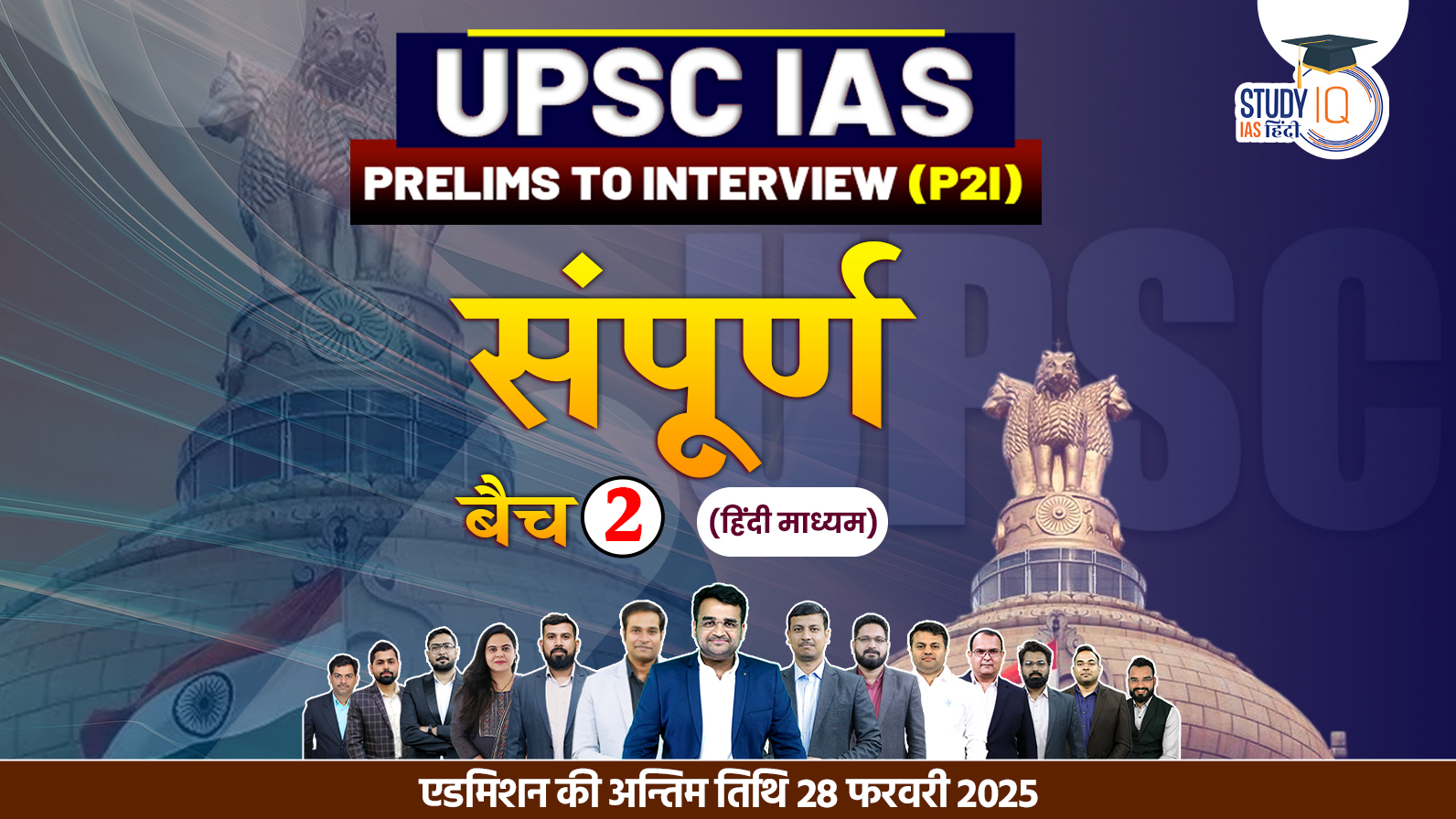GS Paper 1
-
Anglo-Bhutanese War, Anglo-Bhutan War, History, Causes and Impact
Anglo-Bhutanese War The Bhutanese army was defeated in the Anglo-Bhutan war, commonly known as the Duar War. The "Treaty of Sinchula," which was signed on November 11, 1865, brought about peace. In exchange for an annual subsidy of 50,000 rupees,...
Last updated on February 16th, 2023 01:38 pm -
Anglo-Afghan War, History, First & Second Anglo-Afghan War, Treaty and Outcomes
Anglo-Afghan War Read all about Anglo-Afghan War. Before its relations with the Afghan government were settled, the British Indian Government fought two wars with Afghanistan. In terms of geography, Afghanistan was positioned strategically from the British perspective. It might act...
Last updated on February 15th, 2023 09:04 pm -
Anglo-Nepalese War, History, Causes, Treaty of Sugauli 1816
Anglo-Nepalese War The Anglo-Nepalese War began in 1814 and lasted until 1816. During the Anglo-Nepalese War, the British East India Company (EIC) suffered numerous defeats at the hands of Nepalese Gurkhas before triumphing after a protracted conflict that for the...
Last updated on February 15th, 2023 02:18 pm -
Anglo-Burmese War, History, First Anglo-Burmese, Second Anglo-Burmese and Causes
Anglo-Burmese War Read all about Anglo-Burmese War. The conflict was started by border conflicts between British India and Burma. It was ignored by the expansionist tendencies. The abundance of forests in Burma made British traders envy, and they were anxious...
Last updated on February 14th, 2023 07:55 pm -
Deoband Movement, History, Founder, Beliefs and Impact
Deoband Movement The dedicated branch of Muslim ulema was responsible for coordinating the Deoband Movement. It was a revivalist movement with the dual objectives of preserving the spirit of warfare against foreign rulers and disseminating the clear teachings of the...
Last updated on February 14th, 2023 05:09 pm -
Ahmadiyya Movement, History, Founder, Successor, Belief and Split
Ahmadiyya Movement A contemporary Muslim messianic movement is the Ahmadiyya Movement. A Muslim sect with Indian roots is the Ahmadiyya. In the Indian province of Punjab in 1889, Mirza Ghulam Ahmad started the Ahmadiyya Movement. It was established on liberal...
Last updated on February 14th, 2023 02:06 pm -
Aligarh Movement, History, Founder, Reasons, Objectives, Notes
Aligarh Movement Muslims consider the Aligarh Movement to be their most significant socio-religious movement. Syed Ahmad Khan (1817–1899), who has been called the most well-known Muslim person, organized it. In 1817, Syed Ahmad Khan, a member of a Muslim noble...
Last updated on February 13th, 2023 10:39 pm -
Wahabi Movement, History, Meaning, Objective, Features and Suppression
Wahabi Movement Sayyid Ahmad founded the Wahabi Movement, a socioreligious movement, in Rae Bareli, India, around the beginning of 1820. One of the most well-known Sunni Islamic revivalist movements, the Wahabi movement sought to preserve the original spirit of Islam...
Last updated on February 13th, 2023 01:08 pm -
Akali Movement, History, Founder, Objective and Factor Responsible
Akali Movement The 1920s Akali movement, which started out as a purely religious effort to reform Gurdwaras, or Sikh sacred temples, gradually acquired a political bent and was a crucial element in India's campaign for independence. The Akali movement, often...
Last updated on February 11th, 2023 07:20 pm -
Singh Sabha Movement, History, Objective, Feature, Significance and Impact
Singh Sabha Movement In response to Muslim, Christian, and Hindu reform movements (Brahmo Samajis, Arya Samaj), the Singh Sabha Movement was founded in Punjab in the 1870s (Aligarh movement and Ahmadiyah). The movement was started at a period when the...
Last updated on February 11th, 2023 07:08 pm






















